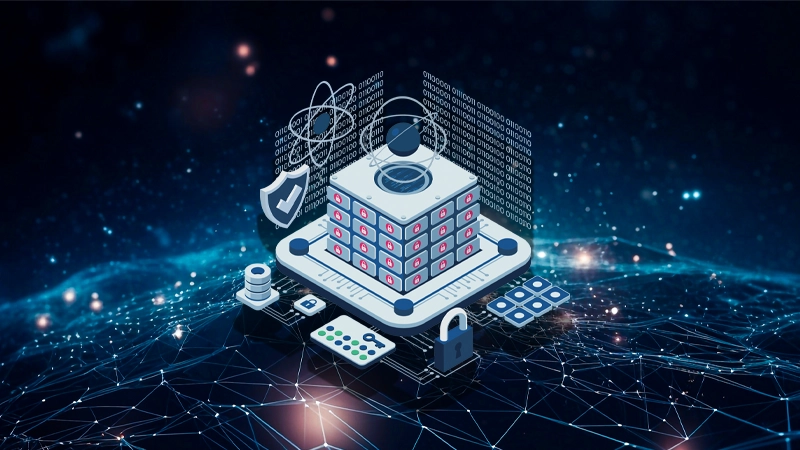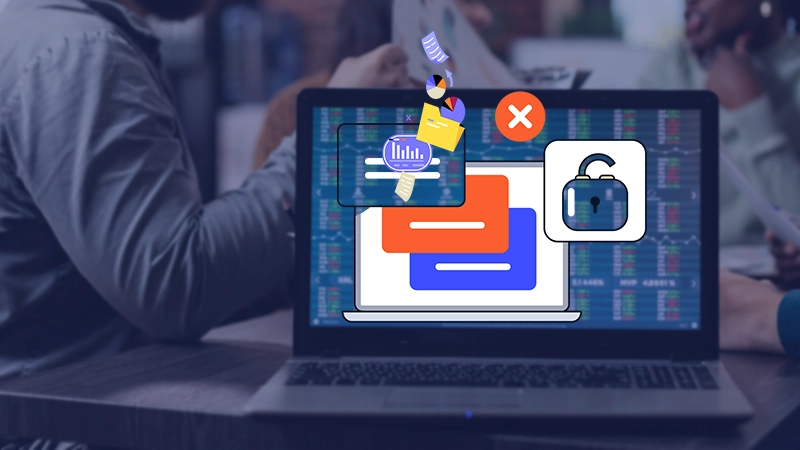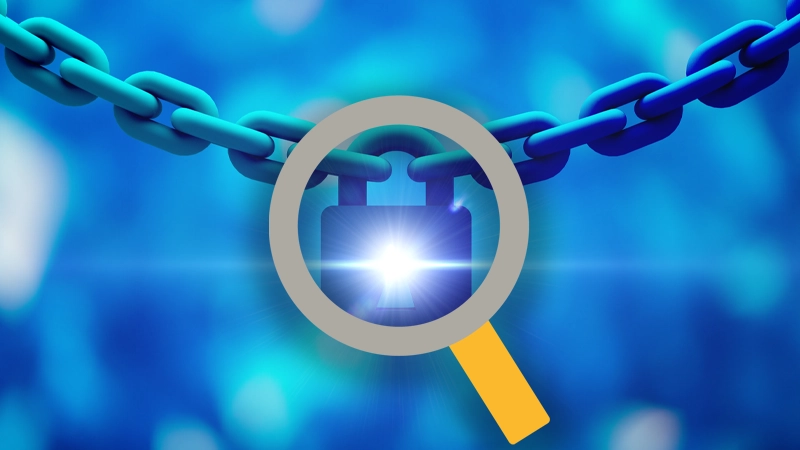Data encryption converts usable data into an unreadable format and provides decryption only to those with proper access. PK Encryption redefines enterprise data security posture strategies with complete administrative control for finding and protecting sensitive data wherever it is stored. Incorporating encryption as a part of a holistic security strategy makes the entire infrastructure more robust and less susceptible to various attack vectors. Incorporating encryption into a data security strategy significantly elevates the protection mechanisms and builds a solid defense against a variety of threats. As cyber threats evolve and become more sophisticated, having encrypted data can serve as a final line of defense, ensuring information remains confidential and intact.
PKWARE has been leading and shaping the evolution and use of encryption to protect data at rest and in motion for over four decades. We offer the most widespread breath of encryption capabilities to ensure it’s easy to implement and supports your critical business workflows, security policies and corporate obligations for using, storing, and sharing sensitive data.
PKWARE Encryption Capabilities
What Customers Have to Say About PK Protect
“Data privacy is going to continue to be important. And given that we operate at a global scale, we have to stay on top of that. This is why we are making investments in technology and working with partners like PKWARE.”
Harveer Singh, Chief Data Architect & Global Head of Data, Western Union








